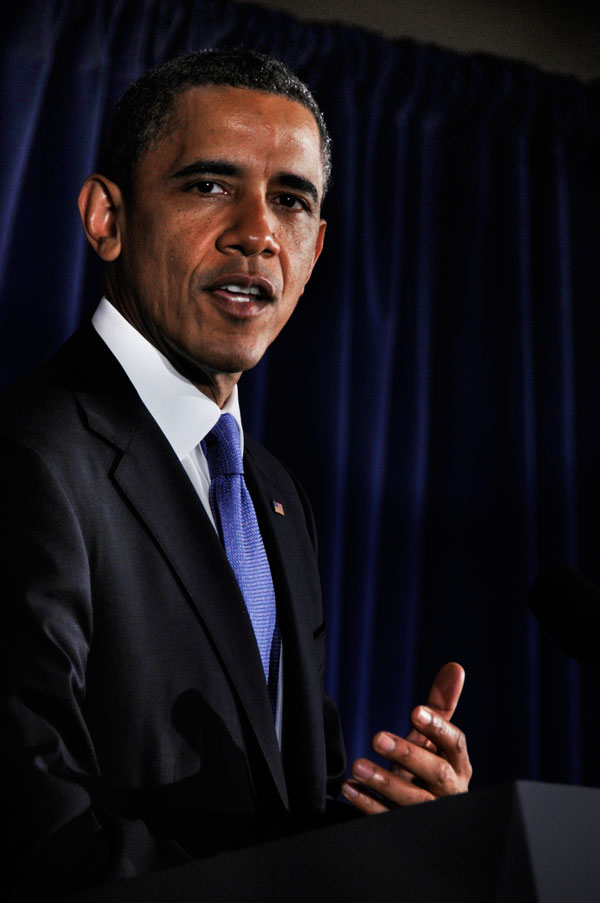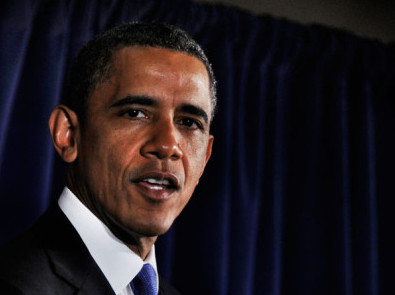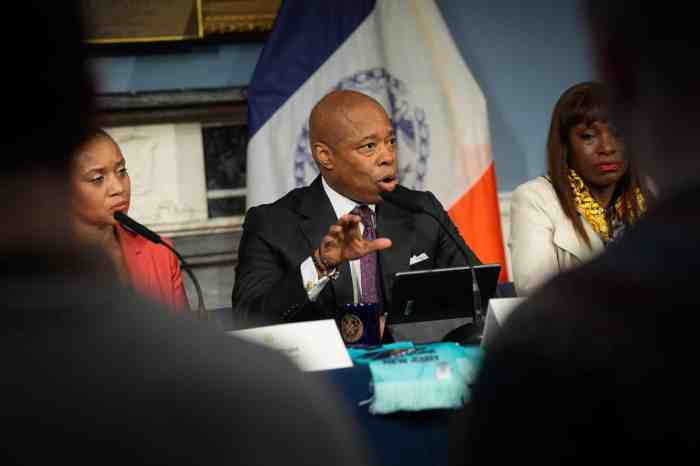 Too cerebral. Unwilling to engage in bare-knuckles political war with his Republican enemies. Naive, in fact, about his ability to find common ground with a G.O.P. determined to undermine, even delegitimize him from Day 1.
Too cerebral. Unwilling to engage in bare-knuckles political war with his Republican enemies. Naive, in fact, about his ability to find common ground with a G.O.P. determined to undermine, even delegitimize him from Day 1.
Those are the typical knocks — especially from progressives — aimed at Barack Obama, the first Democratic president to win a majority of votes twice since Franklin Roosevelt and the one who finally delivered on Harry Truman’s pledge nearly 70 years ago to reshape healthcare in America. That goal achieved even as he brought the nation back from its worst economic slump since the Great Depression — to an unemployment rate just above 4.5 percent as he leaves office.
Yest, the White House equivocated on the push to end Don’t Ask, Don’t Tell, intending a military review of that policy to forestall the need for immediate repeal. The failure to push the Employment Non-Discrimination Act (a measure the L.G.B.T.Q. community now agrees was insufficient, anyway) at the same time missed the slim window of Democratic congressional control. Obama hesitated on marriage equality — only pushed over the line by his loquacious vice president.
To be sure, despite candidate Obama’s lofty 2008 rhetoric, specific action on L.G.B.T.Q. issues came slowly. Still, after more than a decade’s delay, the Matthew Shepard and James Byrd, Jr. Hate Crimes Prevention Act was signed in 2009, and the new administration ended a policy dating back to 1993 that barred entry and immigration into the U.S. by H.I.V.-positive noncitizens.
The administration took the first of what would be many significant steps to advance the community’s interests through administrative actions. Hospitals receiving Medicare or Medicaid funding — essentially all of them — were required to grant visitation rights to same-sex partners.
In its earliest response to lawsuits challenging the Defense of Marriage Act, the administration stumbled badly, relying on discredited, even offensive justifications for the 1996 law. But when given the opportunity of a case in a federal judicial circuit that had no existing precedent on how sexual-orientation discrimination claims should be evaluated, Obama and his attorney general, Eric Holder, came through. Faced with Edie Windsor’s suit in New York, the Justice Department determined that the statute merited heightened scrutiny, a demanding judicial standard DOMA could not survive. From then on, the administration would not defend DOMA in court.
Obama had endorsed marriage equality, and when the underlying question of same-sex couples’ right to marry reached the Supreme Court two years later, his administration was once again on the side of our community. On the evening of June 26, 2015, when the marriage victory was handed down, the White House was bathed in rainbow lights.
In his second term, Obama issued an executive order barring sexual orientation and gender identity discrimination by businesses contracting with the U.S. government. The Education Department informed public schools they must allow transgender students access to bathrooms consistent with their gender identity.
Over eight years, Obama, the cautious ally, became the fierce advocate he once pledged to be. As we prepare to battle the anti-L.G.B.T.Q. officials Donald Trump has gathered around him, let’s always remember: There is another way.
This editorial first appeared in Gay City News, a sister paper of The Villager.


















